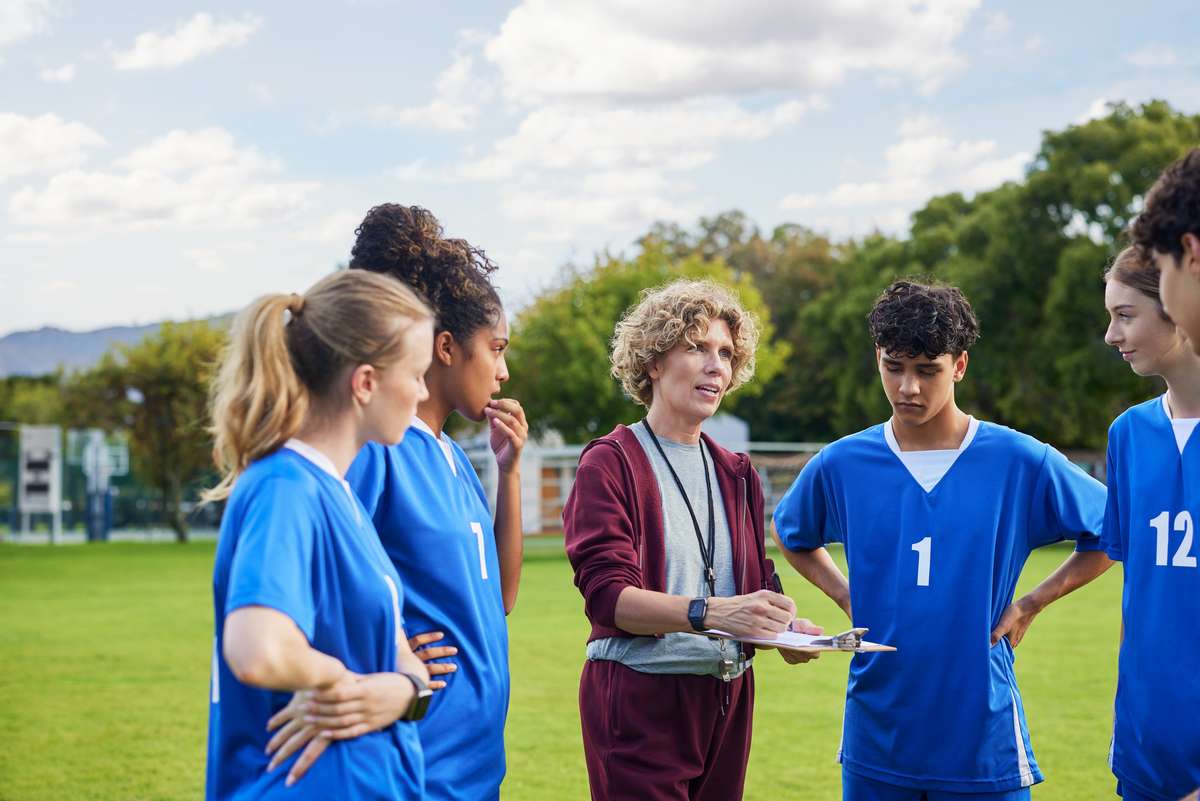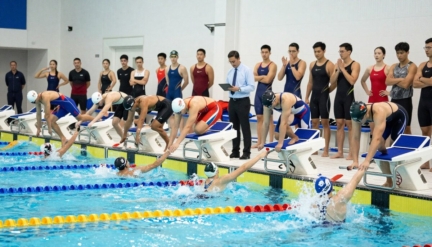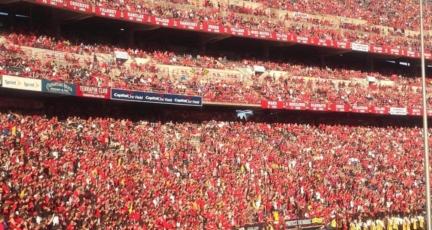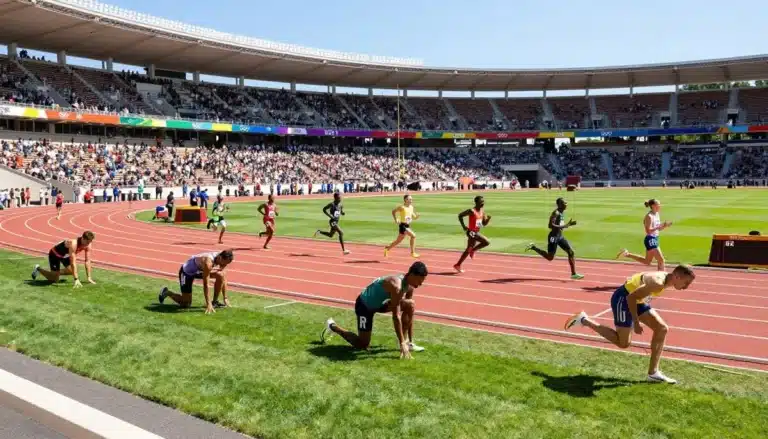Since the NCAA opened the doors to Name, Image, and Likeness (NIL) rights four years ago, college sports have undergone a massive transformation International Student Athletes NIL. In major revenue sports like football and men’s basketball, top athletes now command significant compensation through endorsements, autograph sessions, apparel sales, personal branding, and more.
The numbers tell the story:
- AJ Dybantsa (BYU basketball) currently leads all college athletes with a $7.5 million NIL valuation.
- Arch Manning (Texas football) follows closely with a $6.8 million valuation.
But while domestic athletes capitalize on this new era, more than 20,000 international student-athletes — about 12% of all NCAA athletes — remain almost completely sidelined from NIL participation International Athletes NIL Money.
And the reason isn’t the NCAA.
The Real Issue: U.S. Immigration Law
Most international student-athletes in the U.S. hold F-1 student visas, which come with strict limitations on employment. Under current law, F-1 visa holders are permitted to work only in four scenarios:
- On-campus employment
- Off-campus employment due to demonstrated economic hardship
- Curricular Practical Training (CPT)
- Optional Practical Training (OPT)
Even when allowed, work is generally capped at 20 hours per week while school is in session. Any off-campus work must be approved by the Department of Homeland Security, a process that often takes months.
Typical NIL activities — endorsements, paid appearances, sponsored posts, autograph sessions — are all classified as employment under immigration law. That means engaging in them inside the United States without proper authorization could violate federal law. Ferris State Division Ii
The consequences can be severe:
- Loss of visa status
- Removal from the United States
- Long-term immigration consequences
This risk has led many international athletes and university compliance offices to avoid NIL entirely.
Limited Exceptions, With Limited Value
There are narrow scenarios in which international athletes may earn NIL income:
- If they have a green card (permanent residency)
- If the NIL activity occurs entirely in their home country
- If the compensation qualifies as passive income
- If they participate in NIL while the team is traveling internationally
These exceptions generate only a fraction of what American teammates can earn.
Purdue’s Zach Edey, a Canadian and two-time AP Men’s Basketball Player of the Year, put it plainly during last year’s Final Four:
“I feel like I’m missing out on a lot of money.”
Edey could monetize appearances in Canada or international trips — but not in the U.S. Getting Started With Rallyfuel
Fear Drives Inaction
Because violations of visa rules can lead to deportation, many athletic departments advise international student-athletes to steer clear of NIL entirely.
Given the enormous time commitments already required for athletics and academics, few are willing to take the risk.
A Landmark Lawsuit That Could Change Everything
In 2024, Arizona State guard Last-Tear Poa filed a groundbreaking federal lawsuit (Poa v. Jaddou) challenging the prevailing interpretation that a P-1A athletic visa — traditionally for professional athletes competing internationally — cannot be used by student-athletes pursuing a degree Ivy League 2025 Basketball Preview.
The federal government attempted to dismiss the case, but a judge denied that motion last September. The case is now moving forward and could establish a new pathway for international student-athletes to maintain visa status while engaging in NIL.
If Poa is successful, it could fundamentally reshape NIL eligibility for international athletes.
Congressional Movement: NIL for International Collegiate Athletes Act
In April 2024, bipartisan legislation was introduced that could provide a clearer, immediate solution:
H.R. 7982 — NIL for International Collegiate Athletes Act
Introduced by Rep. Mike Flood (R-Nebraska) and Rep. Valerie Foushee (D-North Carolina), the bill proposes amending the Immigration and Nationality Act to allow international student-athletes to earn NIL income without jeopardizing their F-1 visa status.
Athletes would still be required to:
- Maintain academic progress
- Maintain NCAA eligibility
Rep. Foushee emphasized the bill’s importance:
“Since 2021, these athletes have been prohibited from profiting from name, image, and likeness contracts in the same manner as their American counterparts. I’m proud to introduce this bill that will allow international student-athletes to profit from NIL agreements without worrying about their visa status.”
If passed, it would immediately extend NIL opportunities to more than 25,000 international student-athletesnationwide. Heisman Trophy Favorites
The Bottom Line
NIL has revolutionized college sports — but international athletes remain shut out due to immigration restrictions, not NCAA policy. While some exceptions exist, they are narrow and often impractical. Many athletes and universities avoid NIL opportunities altogether for fear of violating federal law.
However, change may be on the horizon. Between the Poa lawsuit and the proposed federal legislation, the door could soon open for thousands of international athletes to participate in NIL safely and legally.
For now, the situation remains largely unchanged — but momentum is building.
Learn More About the NIL Landscape
Name, Image, and Likeness plays an increasing role in college sports, and understanding how it works often requires more than individual articles or news updates.
RallyFuel is a platform focused on NIL-related topics across college athletics. It brings together information about athletes, NIL activity, and the broader structure behind modern college sports, helping readers explore the topic in more depth.






Leave a Comment